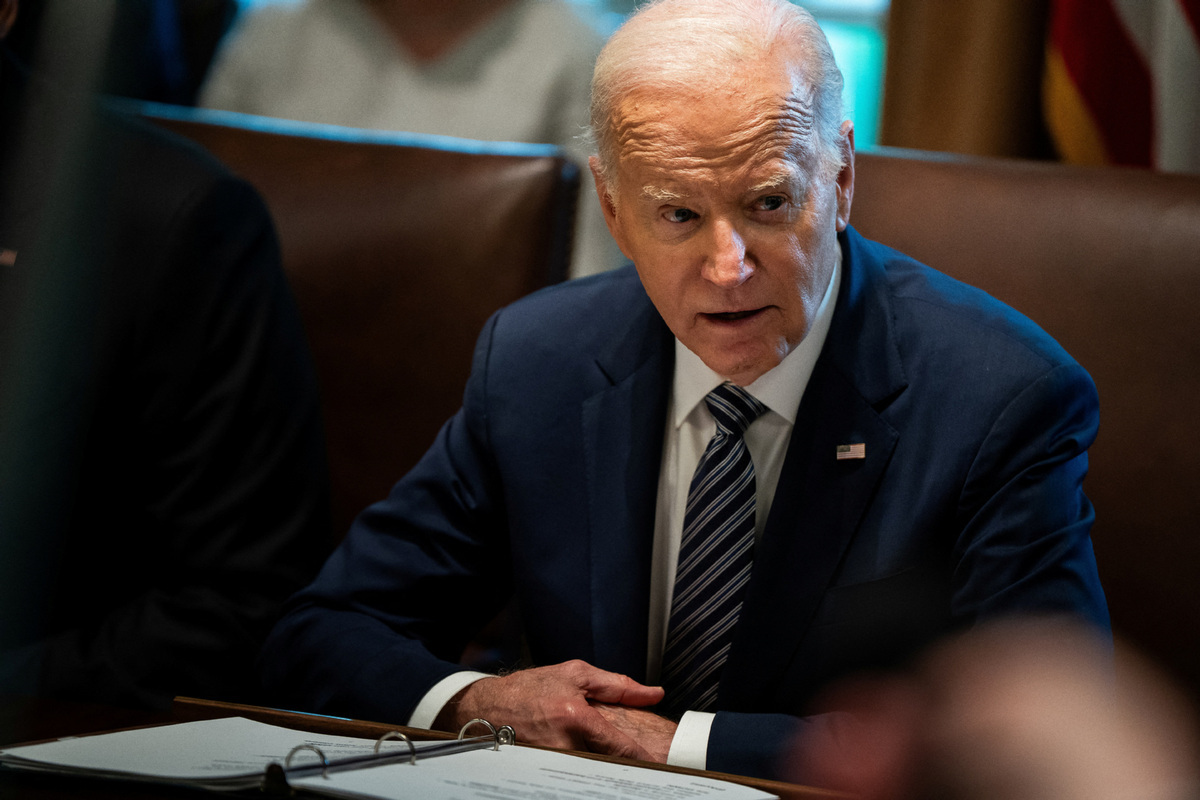
US President Joe Biden at the White House in Washington, US, May 15, 2024.
US President Joe Biden is reportedly prepared to block Japan's Nippon Steel's proposed acquisition of US Steel.
By saying no to the $14 billion merger, even before the Committee on Foreign Investment in the country puts its recommendations on his desk, Biden is just trying to save the Democrats the trouble of being accused of not protecting US manufacturing shortly before the US presidential election.
US Steel and Nippon Steel both indicated in statements that they're open to legal fights to get the deal approved, no matter what action is announced by Biden just to serve the Democrats' interests in the election. Biden raised "national security" concerns over the deal several months ago saying it is "vital for it to remain an American steel company that is domestically owned and operated".
"We continue to stand by the fact that there are no national security issues associated with this transaction, as Japan is one of our most staunch allies," US Steel said. A spokesperson for Nippon Steel said in a statement: "We do not believe this transaction creates any national security concerns ... US Steel and the entire American steel industry will be on much stronger footing because of Nippon Steel's investment in US Steel — an investment that Nippon Steel is the only willing and able party to do so."
That US Vice-President Kamala Harris, former president Donald Trump and his running mate JD Vance have all voiced opposition to the deal, for similar reasons, with the United Steelworkers union being a leading opponent of the deal, means the possibility of the merger is slim even if the benefits claimed by Nippon Steel are real.
US Steel has said that the multibillion-dollar investment from its Japanese rival would go further in shoring up the company's facilities and finances than it could afford on its own. The company said the $2.7 billion that Nippon Steel has pledged to invest in its unionized mills outside of Pittsburgh and in Gary, Indiana, would support the future of manufacturing at those facilities.
Yet the union is concerned that Nippon Steel is more interested in US Steel's nonunion plants that use electric furnaces to make steel by melting scrap, rather than in the unionized mills, known as integrated steel mills, that still make steel from raw materials, such as iron ore.
And as for the promised investment by Nippon Steel in the union-represented facilities, the union said, "a press release is not a contract, and Nippon has shown that when it puts its promises in writing, it fills its proposals with so many conditions as to make its commitments worthless."
Notably, the US Justice Department is also conducting an antitrust review of the potential merger.
As such, even though Japan is a close ally of the US, that it has still not won the trust of US policymakers is clear to all.





